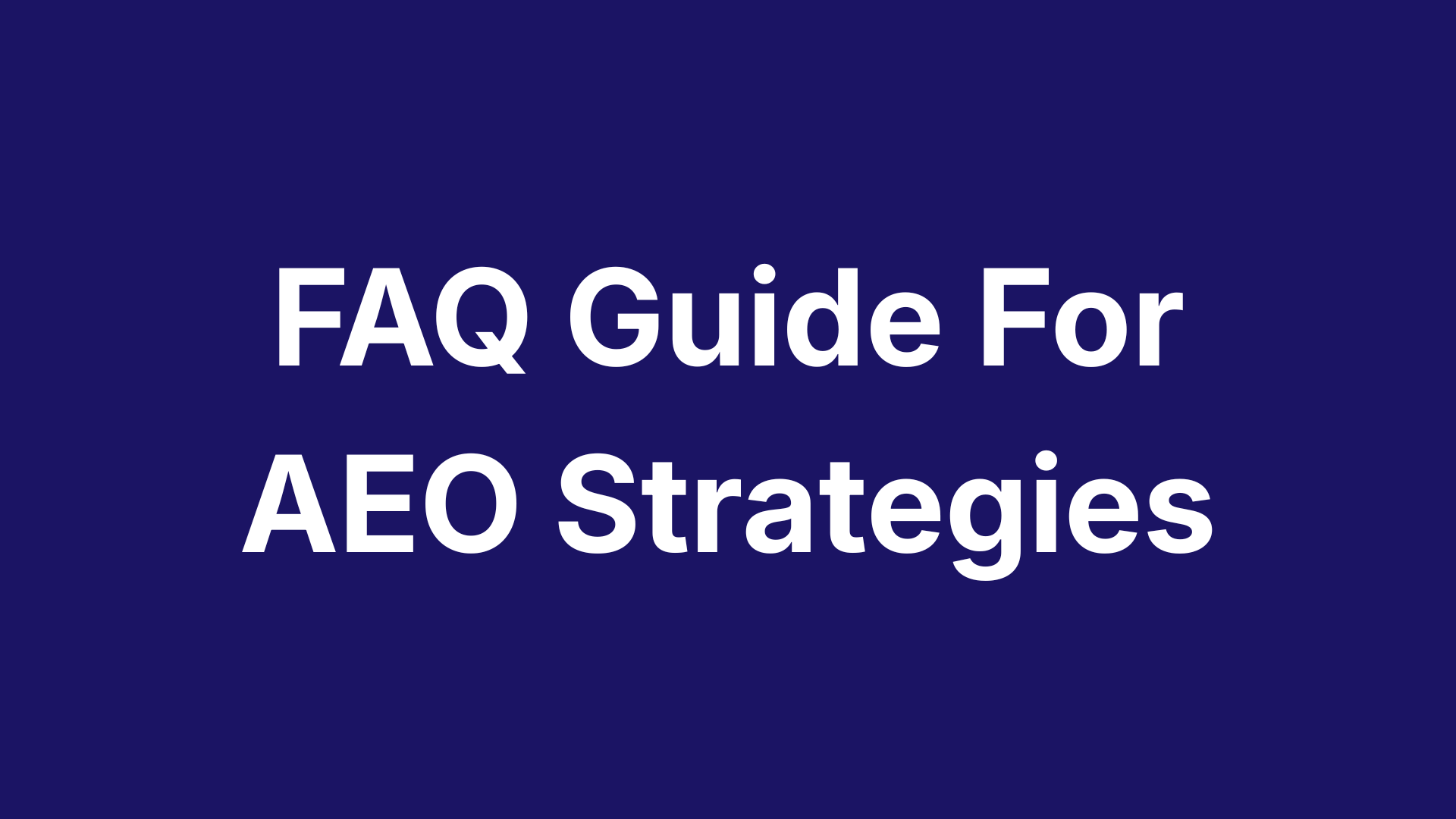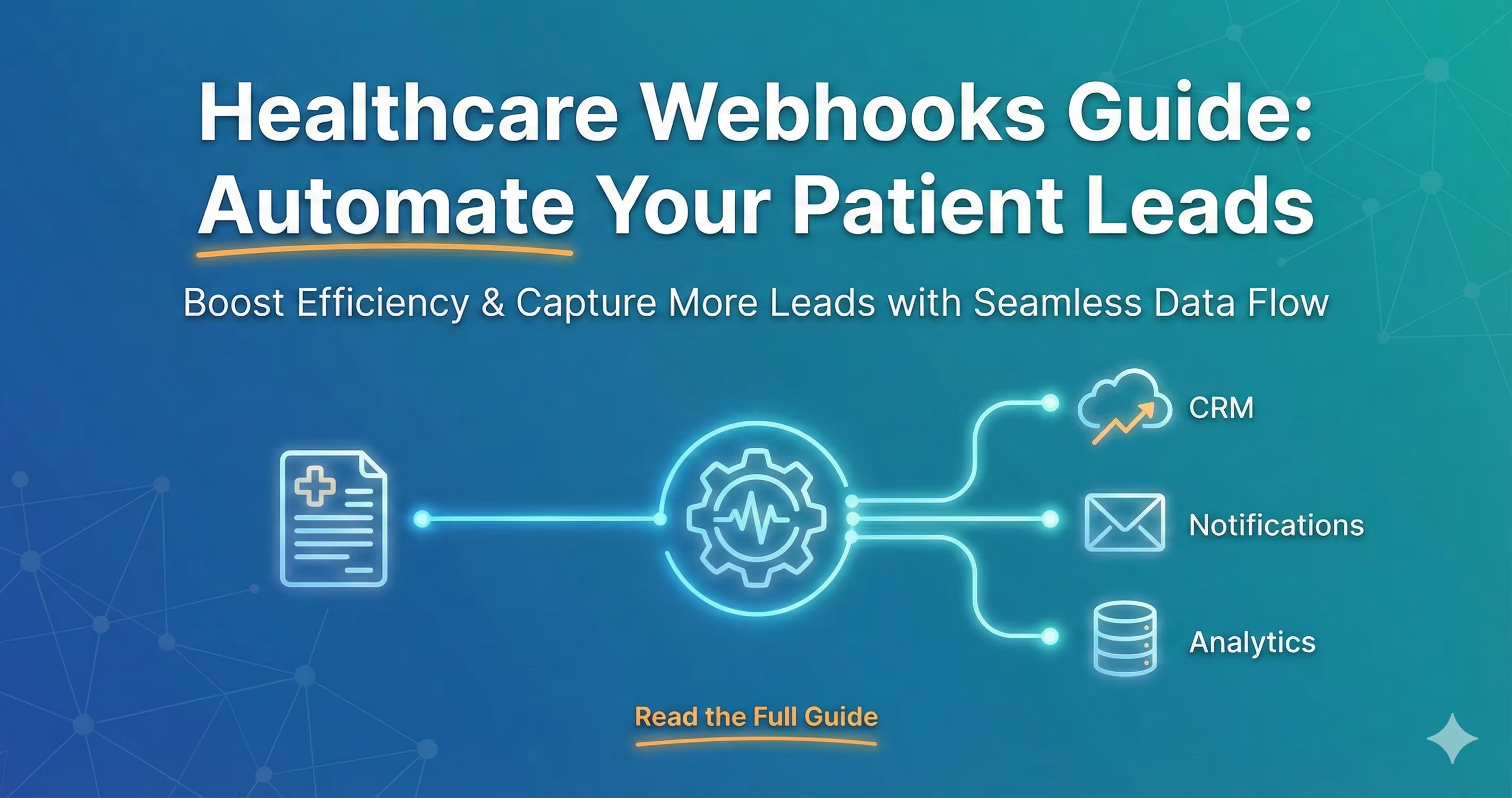Read more Articles
Keep up to date with medspa marketing strategies.

Think of your patient list like an untapped asset. Without segmentation, you’re speaking to everyone.... and reaching no one. But when you segment by factors like age, service received, or total spend, you unlock a whole new marketing engine. You can send Botox offers to patients who’ve had microneedling, upsell HRT patients on peptides, and create loyalty flows for VIP spenders. This isn’t theory—it’s how practices scale.
More importantly, segmentation protects your brand. When patients receive irrelevant emails, they unsubscribe. Enough unsubscribes, and your email deliverability plummets. You’re no longer just losing one patient—you’re risking your entire list. Segmentation prevents this by ensuring every message matters to the person receiving it.
Before you touch your CRM, ask: what’s the goal? Are you trying to re-engage dormant patients? Drive awareness for a new service? Upsell high-spenders? Every segmentation strategy should begin with a clearly defined purpose. The more specific the goal, the sharper your segments will be.
There are endless ways to segment—age, gender, treatment history, spend level, geography—but good segmentation balances relevance with scale. You don’t want 200 micro-lists with 10 people each. You want strategic groups like "Men on TRT," "Mid-spenders over $2,500," or "Moms under 40 in Saint Cloud."
At Nexamed, we help clinics create segmentation models that tie directly into campaign goals. Want to see how this works in a real-world launch? Check out our blog on CRM workflows.
Segmentation is only as powerful as the data behind it. That means making sure your patient info is accurate, consistent, and up-to-date. If you haven’t been tracking things like services received or total spend, this step may take time. But it’s worth it.
We recommend exporting your full patient list from your EMR or EHR as a .CSV file. If the formatting is messy—like full names in one cell or inconsistent tags—use tools like ChatGPT to clean and restructure the file. We walk through this in more depth in our article on importing and tagging in Go High Level.
Once your data is clean, start applying tags. These are the building blocks of segmentation. For example:
With these tags in place, you can create custom audiences for every campaign: holiday promos for high-spending husbands, reactivation emails for patients who haven’t booked in six months, or loyalty perks for those over $5,000 LTV.
Import the cleaned and tagged file into your CRM (we recommend Go High Level or HubSpot). Map all fields properly and make sure tags sync with smart lists or active segments.
Don’t stop at static tags. Build dynamic, rule-based lists that update automatically. For example, when a patient spends $2,500, they move from “Low Spender” to “Mid-Spender.” At $5,000, they shift into “VIP.”
These lists allow you to run smarter, more targeted campaigns—especially during key promotions. Launching a Mother's Day offer? Target men who have a wife, mid-to-high spenders, and anyone over 35 tagged “Parent.” With segmentation, you’re no longer guessing—you’re engineering outcomes.
Segmentation isn’t just a feature of modern CRM platforms—it’s the foundation of performance marketing in healthcare. It allows you to engage more, sell more, and retain more—all while protecting your brand’s reputation and boosting deliverability.
The best clinics don’t market harder. They market smarter. Segmentation is how you do it.
Ready to turn your patient list into a revenue engine? Let Nexamed show you how.
You’ve outgrown "basic" marketing. Nexamed builds the advanced lead-gen infrastructure your med spa needs to capture high-ticket patients and scale without the manual mess.
Keep up to date with medspa marketing strategies.

